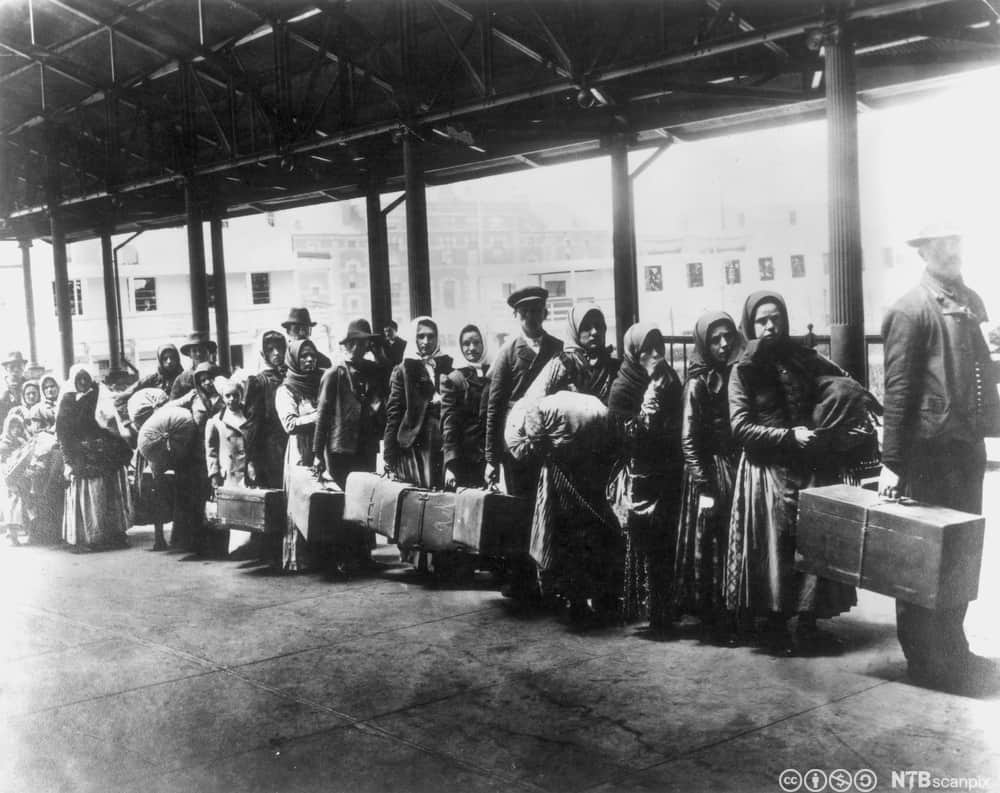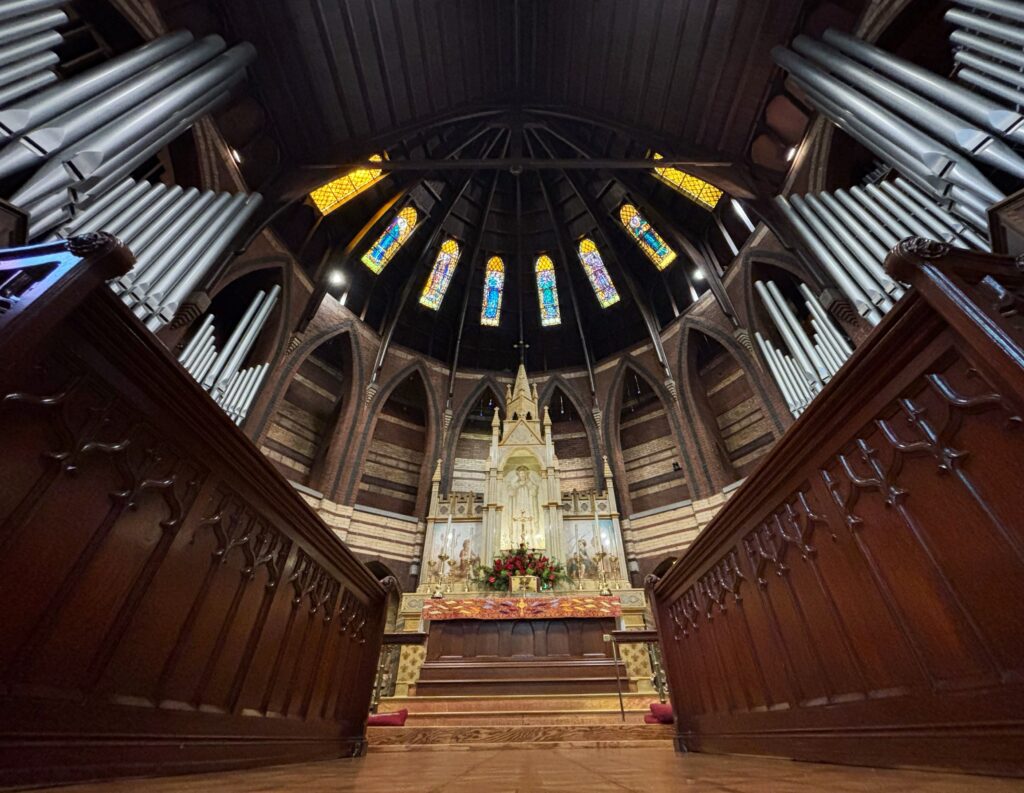Rising Threats Demand Institutional Response
As global instability intensifies, Christian seminaries are being urged to reevaluate their roles as moral and theological leaders. With authoritarianism rising, immigrants detained, and protesters criminalized, critics argue that religious institutions must no longer remain passive. The piece, authored by a recent Princeton Theological Seminary graduate, outlines five urgent imperatives for Christian institutions to live out their values with integrity.
Immigrants in Crisis, Institutions Must Act
The author highlights the growing fear among international students and immigrants, especially under the Trump administration’s renewed deportation agenda. The recently passed “Big, Beautiful Bill” allocates $170 billion to expand Immigration and Customs Enforcement operations, escalating deportations and detention. Many students now face legal uncertainty, income instability, and fear of being targeted. Seminaries, the author insists, must offer housing, financial support, and vocal advocacy. Evangelical Theological Seminary is cited as a positive example, having raised $85,000 to support its international students during summer break.
Protecting Protesters as a Moral Imperative
Student protesters have faced arrests and legal repercussions, often with little institutional backing. The piece argues that seminaries preaching justice must defend students who embody those teachings through peaceful protest. Over 3,000 students were arrested nationwide last year, with seminaries largely silent. Theological education, the author contends, must not abandon those living out its core teachings of justice, mercy, and humility.
Speaking Out Requires Courage
While some institutions avoid making public statements to protect donor relationships, others—like Union Theological Seminary—have shown moral clarity. President Serene Jones’s statement on Gaza condemned violence on both sides and called for peace. The article criticizes seminaries that remain silent, calling it complicity in injustice.
Rooting Out Corruption in Leadership
The continued presence of billionaire Michael G. Fisch on Princeton Seminary’s board is cited as a moral contradiction. Fisch’s financial ties to the prison-industrial complex are described as incompatible with the institution’s values. The author argues that justice must begin within leadership.
Welcoming Critique as Prophetic Witness
Finally, the article calls for seminaries to listen to students demanding change. Student activism should be seen as moral leadership, not a threat. Institutions must embrace accountability, revise unjust structures, and follow the gospel they teach.
Source:
5 Imperatives for Seminaries Under Authoritarianism
Photo by Edgar Chaparro on Unsplash







